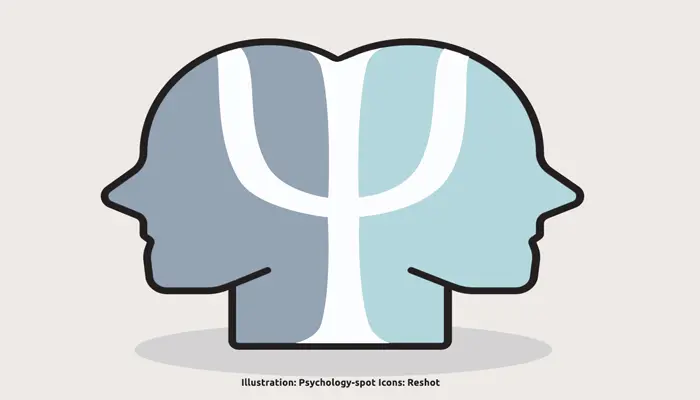
It has likely happened to you on more than one occasion. You are cold, so you stretch the blanket to cover your head, but you realize that your feet are out. Soon you feel cold again, so you rearrange the blanket, but by covering your feet, you expose your head. It’s frustrating.
The short blanket dilemma is an intuitive theory for what it is impossible to cover both head and feet at the same time because the blanket is not long enough. Therefore, we are forced to choose between two options, but neither of them satisfies us.
The problem begins when we apply this type of reasoning to the most complex conflicts in life and assume – or they make us believe – that we only have two options and that we must decide between them, even if they are bad or unsatisfactory.
A permanent condemn to dissatisfaction and frustration
In short blanket dilemmas, the two options we have are imposed; that is, they usually arise from external limitations. The world gives us obstacles and presents us with two unsatisfactory solutions. None of the alternatives is the result of deep reflection but rather of limitation. Therefore, whatever solution we choose, it will become a source of frustration.
Since neither option really meets the need at the bottom, it’s understandable that the frustration continues to grow. Limiting ourselves to choosing the least bad option does not leave a good taste in our mouth. Rather, it will make us look back continually to reevaluate our steps.
For this reason, many short blanket problems tend to generate doubts and regrets. We wonder what would have happened if we had chosen the other option. Would we have been just as unhappy? When those doubts extend to important aspects of our lives, it is difficult to feel satisfied and at peace with our decisions.
Thought caught in the loop of duality
One of the main traps that short blanket dilemmas have for us is that they enclose our thinking within a scheme in which there are only two solutions. They become a limitation that prevents us from contemplating any solution that goes beyond the narrow limits established.
In fact, exposing short blanket dilemmas is a fairly common strategy of social manipulation. It is usual that they give us only two solutions to choose from. Right or left? Health or economy? Development or less contamination?
The catch is that we spend so much cognitive resources evaluating the pros and cons of the two predetermined solutions that we forget to look further to find an alternative path. Perhaps the alternative we find is not ideal, but at least it can be more practical or satisfactory than the two initial options.
Other times we are the ones who create and fall into this false dilemma. Sometimes we are so imbued with the problem, or blinded by emotions, that we are unable to see beyond the obvious options. These types of situations can cause us to consider false dichotomies. We may think, for example, that we can only decide between maintaining an unsatisfactory relationship or breaking up and being alone forever.
When emotions take over, we don’t think clearly and tend to look for extreme and opposite solutions. In practice, the false short blanket dilemmas enclose our thinking in a small box. They feed a dichotomous way of thinking in terms of good or bad, black or white, positive or negative. Blind to other possibilities, we are not able to explore alternative solutions, so we choose following the script that others have written for us or that we have imposed on ourselves.
Breaking the patterns
“Sometimes we are too willing to believe that the present is the only possible state of the things”, wrote Marcel Proust. To escape the effect of the short blanket, we must stop thinking that there are only two solutions.
Instead, it is much more constructive to tell ourselves that, so far, we have only seen the two most obvious solutions or the two alternatives that someone has proposed to us, but that does not mean that there are no other chances to explore.
To solve the problem of the short blanket we have to change our approach. We may not be able to stretch the blanket, but we can assume a fetal position to better cover ourselves. We can also use a second blanket. Or put on thicker socks.
The key is to be aware that our problem may be the length of the blanket, but the need to satisfy is to protect ouselves from the cold. By changing the focus, we emerge from the seemingly insurmountable dichotomy to find a more satisfactory solution to the true need at the bottom.
Sometimes we just need to look beyond the alleged problem or conflict. When we focus on the need, without predetermined answers – or going beyond them – we can discover a wider range of solutions that are likely to be more satisfactory and appropriate to our circumstances.
Source:
Ullman, D. (2015) On the nature and origin of intuitive theories: learning, physics and psychology. Tesis de Doctorado: Massachusetts Institute of Technology, Department of Brain and Cognitive Sciences.



